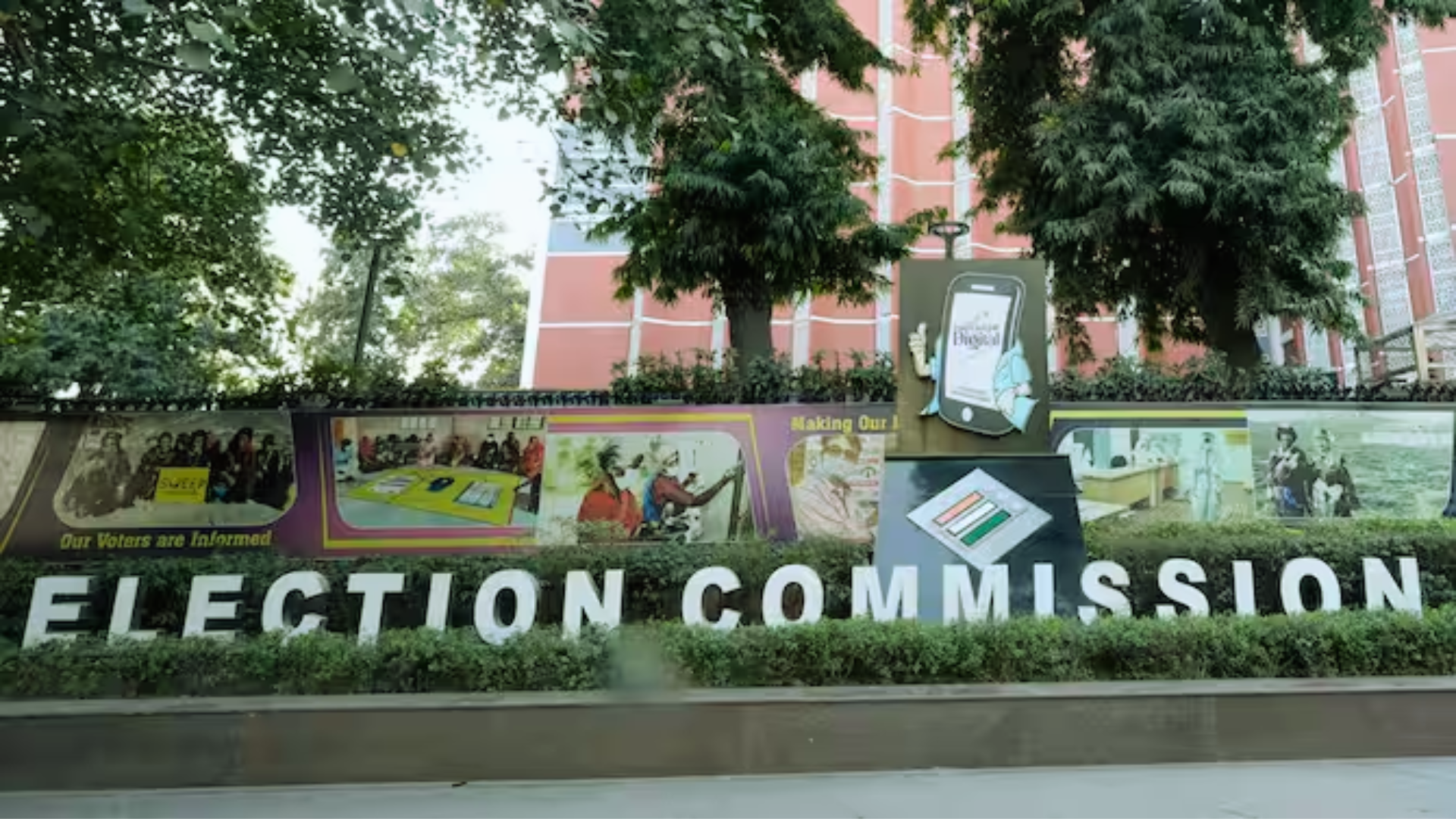After Election Commissioner Arun Goel submitted his resignation, which was accepted by President Droupadi Murmu on Saturday, in anticipation of the Lok Sabha elections, there is a need to fill the vacant posts. However, it’s anticipated that two election commissioners will be chosen by March 15 to replace Anup Chandra Pandey and Arun Goel, who retired and resigned unexpectedly, respectively.
Consequently, the Law Ministry issued a notification regarding his resignation.
Now, with the departure of Anup Chandra Pandey earlier in February due to reaching the age of 65, Chief Election Commissioner Rajiv Kumar remains the only member of the commission.
To fill the vacancies, a search committee led by Law Minister Arjun Ram Meghwal, along with the Home Secretary and the Department of Personnel and Training (DoPT) Secretary, will compile two separate lists of five candidates each.
Subsequently, a selection committee chaired by the Prime Minister, with a Union Minister and the Leader of the Congress party in the Lok Sabha, Adhir Ranjan Chowdhury, will finalize the appointment of two election commissioners from the provided lists.
The appointment of the election commissioners will be carried out by the President. According to sources, the selection committee is expected to convene either on March 13 or 14, depending on the availability of its members, and the appointments are anticipated to be finalized by March 15.
Before the recent enactment of a new law regarding the appointment of the Chief Election Commissioner (CEC) and Election Commissioners (ECs), the President used to appoint the election commissioners based on the government’s recommendation.
Traditionally, the most senior member was appointed as the CEC. Article 324, Clause 2 of the Constitution stipulates that the Election Commission shall consist of the Chief Election Commissioner and such other Election Commissioners as the President may appoint.
Regarding the reasons behind Goel’s resignation, sources speculated that personal reasons might have been a factor. They dismissed suggestions of any discord between Goel and Kumar, asserting that internal records of communication, meeting minutes, and decisions indicated no instances of dissent from Goel.
















